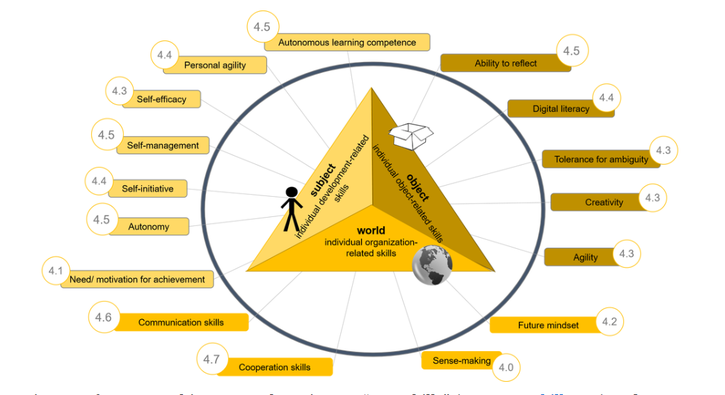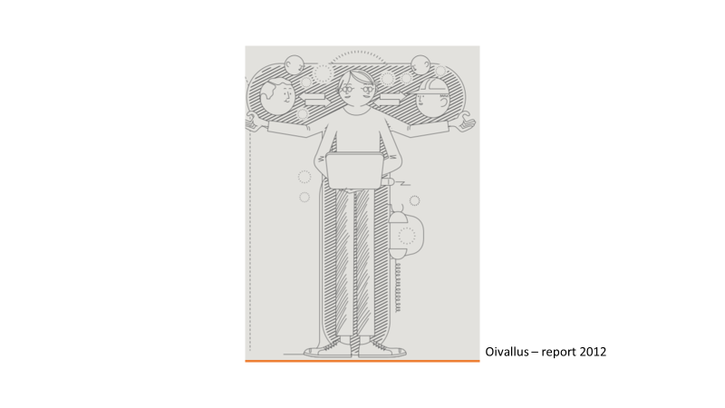Complex problems demand versatile thinking
15.04.2020, Aihe: Osaamisen kehittäminen / Kirjoittaja Jaana Lehto
Project alliances are gaining popularity as a project model suitable especially for temporary, but complex construction projects. They are combining people from several organizations to accomplish common targets - quality, time and money wise. The agreement includes - besides mutual aims and shared incentives and risks - also guidelines for the common organizational culture. Culture is featured by trust, openness and” best for the project” attitude. In order to succeed highly developed cooperation skills are needed, together with the ability for agile decision-making plus, among other things, resilience to withstand ambiguity and authenticity enabling trust building.
Thus, the competence basket for project alliances combines high professional skills and” a way to work” – competences to personal characteristics, much alike in the Future Skills 2019 report. Among competences listed in the Future Skills 2019 report were agility, creativity, communicational and co-operational skills, tolerance of ambiguity, sense making etc.
Future skills needed to act successful on a complex problem in a future unknown context of action. (Future skills 2019 report)
The co-operational skills needed in an interorganizational project model could be visualized in T-model of skills. This T-model guy or girl has long legs for individual skills, but also a mind able to combine and convey information from and to various sources and individuals. A real multilingual interpreter.
T-model of communication and co-operation competences. (Oivallus-report 2012)
Besides combining diverse information agile thinking benefits from combining analytical logical thinking to intuitive one, and when entering to the field of wicked problems even to a skill to improvise. Our logical mind has its moments but is helplessly slow when there just is no time to gather all the information needed. Intuition of professionals, however, has its databases in versatile information and experiences collected in training and work and – by living. Thus, a lifelong learning attitude and a curious mind are fruitful here too. Diverse is the key word. Diverse teams with diversely experienced individuals, but also blended learning, getting out of one’s comfort zone, exposing oneself to the new circumstances. Updated professional skills are vital, of course, in order to be a valuable member in the team, but also as an important ingredient when building trust with the help of constructive interaction skills.
Project alliances are, however, not the only environment above pictured competences are needed, they are present in every turbulent and complex situation. Thus, are they future skills, or contemporary ones? Or perhaps actually the ancient ones, as working together seamlessly has throughout the history been a crucial skill in order to survive?
Questions that also our Future Spaces seminar host Perttu Pölönen is pondering and being, thus, one inspirer of this text. So, what’s more in place than to end with a slogan from his latest book:
” Complex problems demand versatile thinking”
*****
Inspired by:
Derek Walker, Steven Rowlinsson (2019): Routledge Handbook of Integrated Project Delivery.
Raami, Asta (2020): Intuitio3.
Pölönen, Perttu (2019): Tulevaisuuden lukujärjestys.
Ehlers, Ulf. -D., Kellermann, Sarah A. (2019): Future Skills. The future of Learning and Higher education. Results of the International Future Skills Delphi Survey. Karlsruhe
*****
Jaana Lehto on Kiinteistöalan Koulutussäätiön rehtori, joka viettää kevään 2020 vierailevana tutkijana Melbournen RMIT-yliopistossa.

